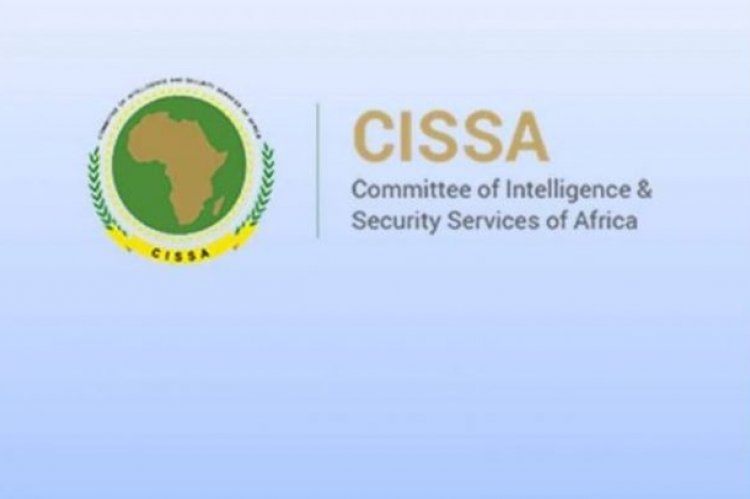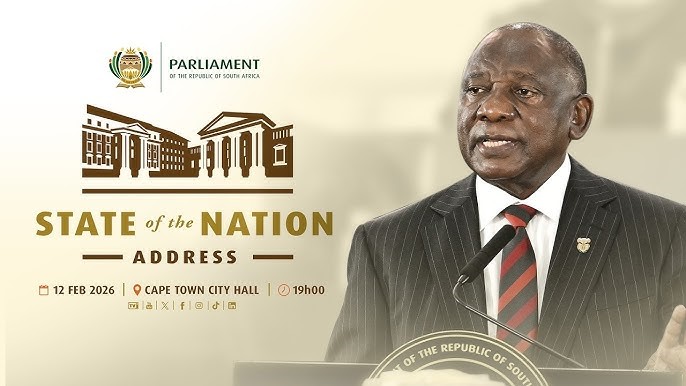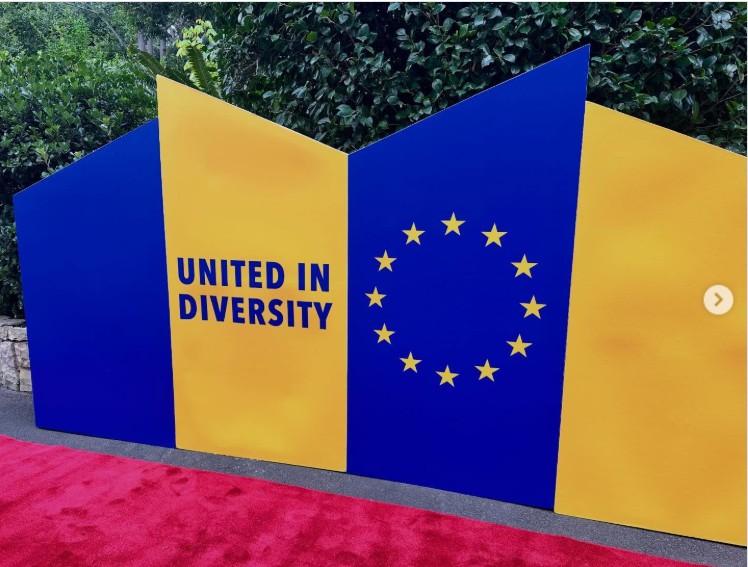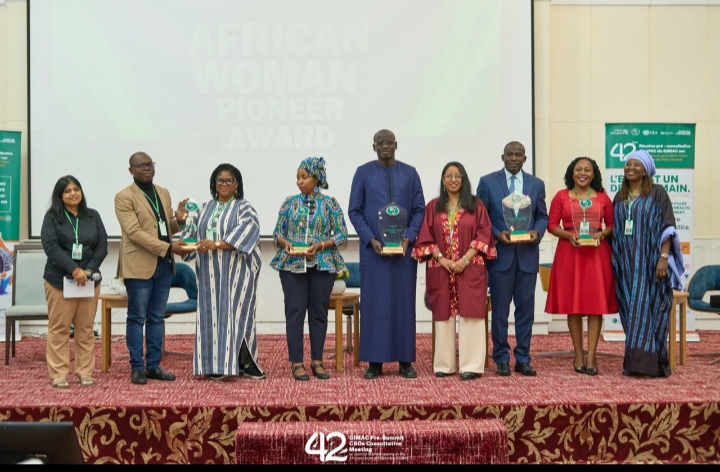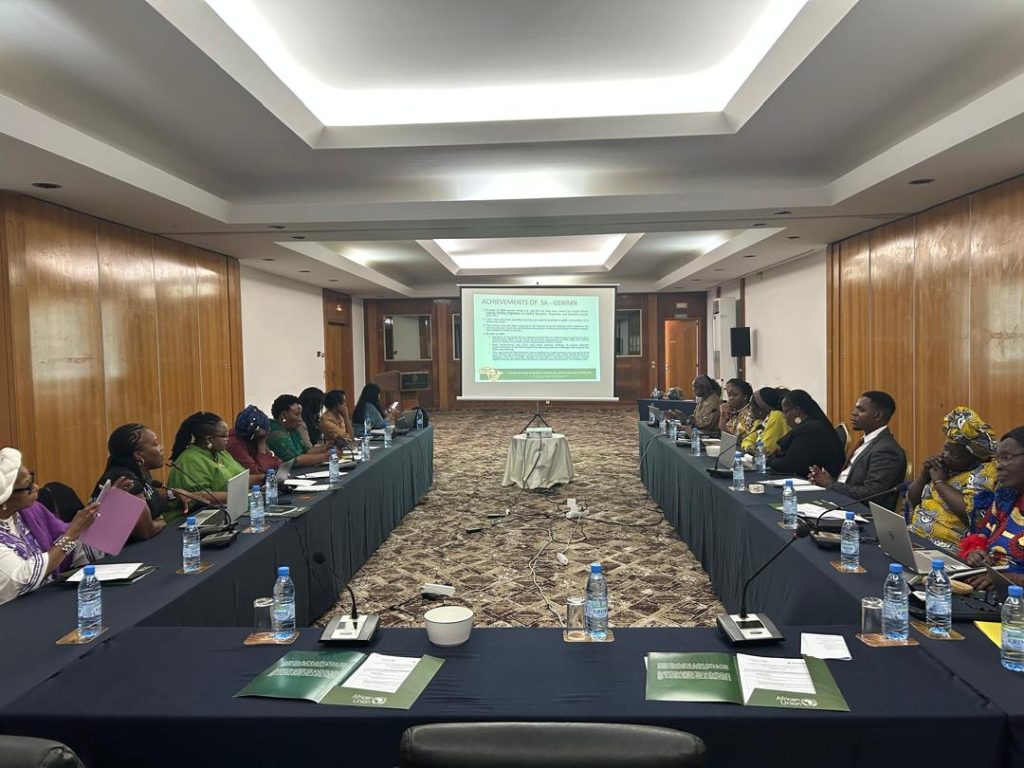The causes, characteristics and drivers of conflicts in the world have evolved over the years and continue to change in nature. In order to achieve the objectives of their mandate and support peace processes, Peace Support Operations (PSOs) missions have had to adapt themselves to realities in the field or in countries where they are located. For example, one of the important tasks within a PSO that is conducted by the United Nations’ Civil Military Coordination (UN-CIMIC) unit is mission support. CIMIC is an interaction between military and non-military actors (for example, non-governmental organisations (NGOs), local population and community leaders) whose purpose is to support the peacekeeping mission, through information exchange, mutual assistance, joint project planning, negotiation and coordination of conflict resolution endeavours. The Peace Operations Training Institute notes that CIMIC provides an interface between the military component of a UN peace operation and the political, humanitarian, developmental, human rights, and rule-of-law components of the mission, as well as many other external partners in the larger peacebuilding system. It is a key component of any complex peace operation because it is central to the mission achieving a system-wide impact on the conflict it is attempting to transform.
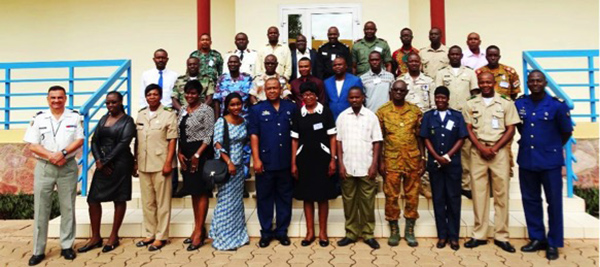
It is against that backdrop that the “Ecole de Maintien de la Paix Alioune Blondin BEYE (Alioune Blondin BEYE Peacekeeping School of Bamako) organised a CIMIC training course on 11-22 July 2016, in Bamako, in the Republic of Mali.
The aim of the course was to give the students the knowledge and skills to plan and conduct CIMIC tasks within a multidimensional environment, primarily in a UN mission. Furthermore, it gave students an overall knowledge of the diversity of actors that may be deployed on the field during a PSO. The training brought together 25 participants (13 civilians and 12 military officers). The training was attended by police, military and civilians from different organisations. The training provided participants with a general understanding of the PSO’s framework and nature of conflicts in Africa; an overview of International Law, Human Rights, Status of Force Agreement and Rules of Engagement; and a clear understanding of the roles and characteristics of different actors on the field, namely International Organisations, NGOs, the International Committee for the Red Cross, and the UN’s Office for the Coordination of Humanitarian Activities (OCHA). The audience also discussed about Quick Impact Projects, cultural awareness, CIMIC procedures and reports, and media.
ACCORD/TfP was represented by Mr Kitenge Fabrice Tunda, Programme Officer – Peacekeeping Unit.
The Training for Peace Programme at ACCORD is an initiative funded by the Norwegian Ministry of Foreign Affairs.



